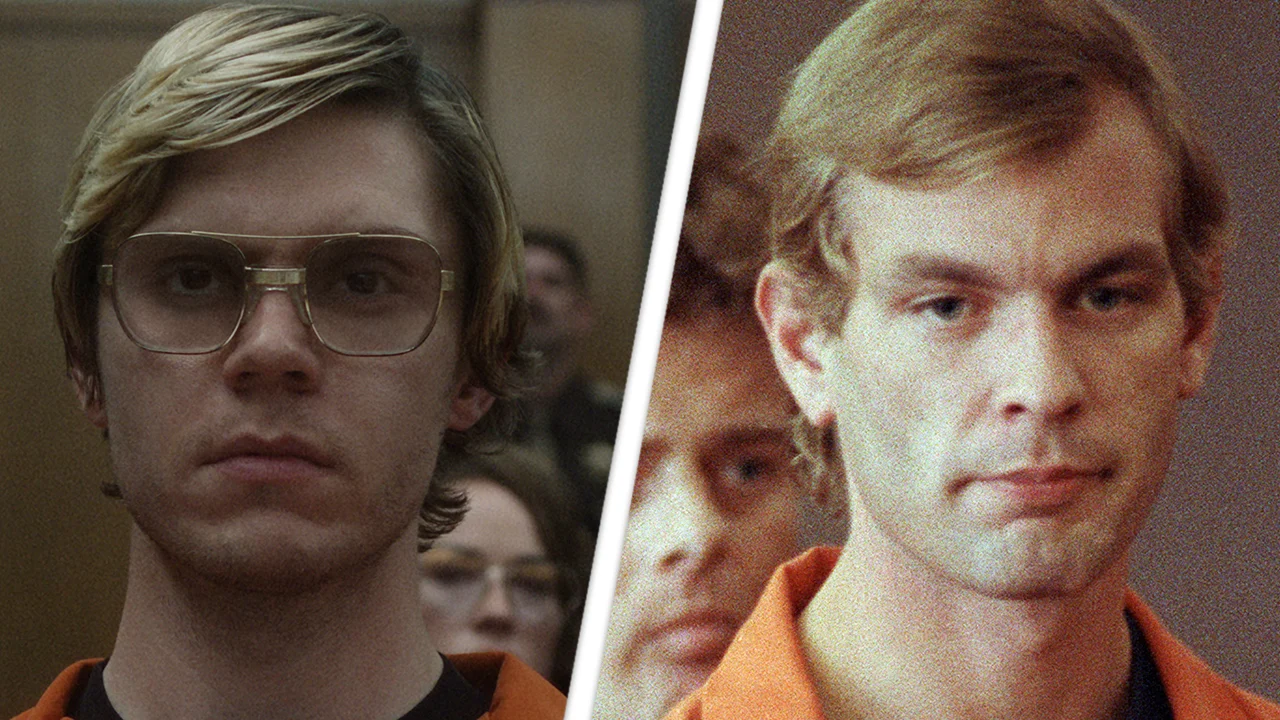Dahmer drama: the danger of dramatizing serial killers
Ellie Gorton talks us through the ethical implications of Netflix’s Dahmer.

Netflix’s gripping new series Dahmer has invited both extensive praise and harsh criticism after its release last month. With Evan Peter’s thrilling performance in the lead role, the stunning cinematography and captivating narrative, it’s no wonder that the show is already in the top five most watched shows on Netflix. Though with such commotion caused, the question about whether it’s truly ethical to dramatize serial killers is inevitably raised.
It can also be called into question whether repeating this story is really necessary. With Dahmer’s victims mainly being Black, homosexual males, critics have questioned whether repeating yet another story of violence against the POC community, especially with its release just before black history month, is really useful. The series depicts another gruesome tale of violence against black people, perpetuating the unhelpful and degrading narrative of POC as victims. Insensitively released just before Black History Month, the series is simply another way to profit off violence, diminishing the suffering of Dahmer’s many victims into entertainment for audiences with little consideration for how the retelling will affect the families and communities involved.

Furthermore, Netflix have stated that the series “will give notorious serial killer Jeffrey Dahmer’s victims a voice”, though were not required to consult the families of those he killed. With families claiming that they weren’t even aware the series was being produced, its clear that the series is carelessly capitalising off suffering, disrespectfully and unnecessarily forcing the families to relive the trauma of what happened to their loved ones simply for mass entertainment and for Netflix to monopolise this horrific tale.
The series details the life, crimes, trial, and death of the notorious killer, Jeffrey Dahmer, through 10 thrilling episodes, offering an insight into his childhood and family, and inviting audiences to explore the psychology of the killer. Though certainly not downplaying the violence of his crimes, the flashy setting and trendy eighties music of the series dramatizes and aestheticizes the story of his killings, retelling such a horrendous tale simply for the purposes of entertainment and for the profit of a large corporation such as Netflix. The show presents itself as bringing light to the stories of the victims and bringing justice to their families, though it’s clear that it’s not the victims who are given the spotlight in this series, but the killer himself. By bringing this story back into the public eye, producers are simply profiting off the murders of so many boys and the trauma of their families, showing just how dangerous and unethical it is to dramatize serial killers for entertainment.
The true crime genre is on the rise – Dahmer being only the most recent and well known of a myriad of series’ detailing gory murders and interviewing criminals – placing Netflix in a difficult position between money and ethics. Though shows like Dahmer are certainly well-made and invigorating, the question of ethics must be debated as Netflix once again gives the spotlight to one of the most monstrous serial killers in history.
Header image credit: Netflix.







